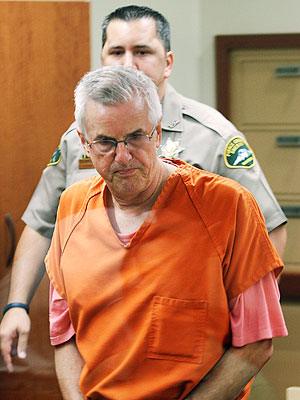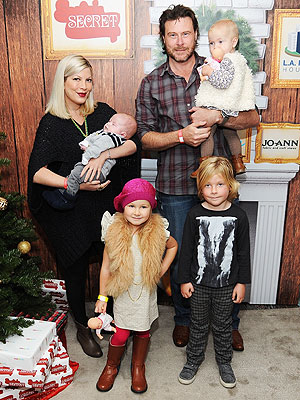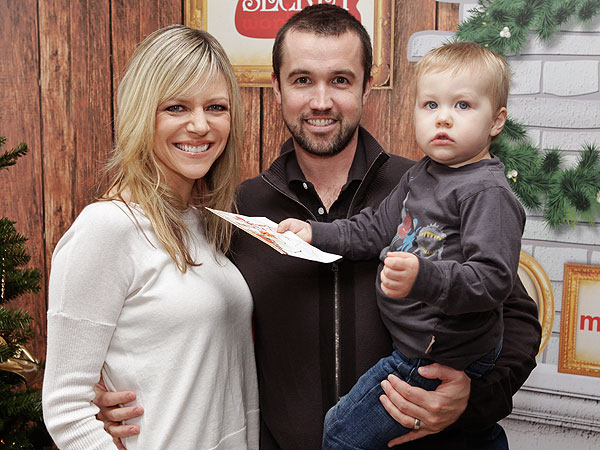NEW YORK/SAN FRANCISCO (Reuters) – Apple Inc shares tumbled more than 6 percent on Wednesday, chalking up their biggest single-day loss in four years as fears grow about intensifying competition in the mobile device market.
Investors and analysts blamed the sell-off on a mix of factors, including a forecast by an influential research firm that the iPad maker is continuing to cede ground to rival Google Inc’s Android gadgets, and unconfirmed reports that at least one major stock-clearing house was raising margin requirements on Apple stock trades.
Analysts also cited fears about a hike in the capital gains tax in 2013 in the event that ongoing Washington fiscal negotiations fail, as well as news that Nokia had beat Apple to the punch by striking a deal to sell its flagship Lumia through China Mobile, that country’s largest wireless carrier.
Wednesday’s drop rounded off a bleak 10 weeks for the most valuable U.S. company.
The stock was one of the day’s biggest percentage losers on the S&P 500, shedding $ 35 billion of market value as more than 37 million shares changed hands — blowing past the company’s average daily volume over 50 days of 21 million.
Apple‘s shares, once among the most desirable of portfolio holdings, have headed steadily lower since September on growing uncertainty about the company’s ability to fend off unprecedented competition. This year saw a surge in sales of Amazon.com Inc’s cheaper Kindle Fire and Microsoft Corp’s first foray into the tablet market with its Surface.
Meanwhile, Samsung Electronics continues to chip away at the iPad‘s dominance with its Galaxy line.
The assault on Apple‘s consumer-electronics home turf presents a stiff challenge for CEO Tim Cook, who was elevated shortly before the death of Silicon Valley legend Steve Jobs and is now charged with keeping the world’s largest technology company humming.
“This is not going to be a short-term trend. This is a management test, of how well they can perform without Steve Jobs,” said Brian Battle, director of trading at Performance Trust Capital Partners in Chicago. Referring to Apple‘s new iPad mini, which is only a smaller version of the existing iPad, Battle said the company needs “another home run” for shares to return to levels around $ 700.
“They need another new product that hits it out of the park. Without that, they could get a gradual grind-down in confidence,” he said.
On Wednesday, research firm International Data Corp said Apple most likely shed market share in the tablet computer space in 2012. Its worldwide tablet market share will slip to 53.8 percent in 2012 from 56.3 percent in 2011, while Android products would increase their share to 42.7 percent from 39.8 percent, IDC said.
Concerns that tax rates on dividends and capital gains may rise next year were also cited as contributing to the Apple sell-off.
The stock’s massive market value meant Apple was almost single-handedly responsible for Wednesday’s 1.1 percent decline in the Nasdaq 100 Index.
Apple is still up 33 percent this year, but is down nearly 24 percent from its record high of $ 705.07, hit on September 21. The stock slid more than 6.4 percent on Wednesday to close at $ 538.7923.
BEFUDDLING SLIDE
Some analysts were perplexed at the fall from favor in Apple stock, which has been a staple in almost all growth portfolios. The company is expected to deliver reliably high revenue and earnings expansion for years to come, and one in two tablets sold globally remains an iPad.
It is now gearing up for the introduction of its latest iPhone 5 and iPad mini in international markets. It will begin selling the iPhone 5 in 50 countries in December, including China and South Korea.
“Apple stock is significantly more volatile than its earnings and innovation stream,” said Daniel Ernst, analyst with Hudson Square Research. “And yet the wind blows slightly from the south instead of the east one particular morning, and the stock is down 6 percent.”
“It makes no sense. There are lines around the block for their products all around the world,” he added. “No other company has that.”
Separately, Nokia said it will partner with China Mobile, in a sales deal that will give the Finnish company an opportunity to win back Chinese market share from Apple‘s iPhone.
But some analysts continue to believe the dominant carrier in the world’s largest cellular market will eventually embrace the iPhone as well.
“China Mobile already carries multiple smartphones from multiple vendors. We continue to expect China Mobile to add the iPhone in the back half of 2013,” Piper Jaffray’s Gene Munster wrote in a research note.
While lines for the latest iPad model appeared lighter than usual when it hit stores in November, Apple said at the time that demand was so strong that it “practically sold out of iPad minis.” It sold 3 million of the new iPads — including the full-sized version — in the first three days on the market.
Some analysts suggested that investors also sold shares of Apple amid uncertainty over ongoing fiscal negotiations in Washington. If no agreement is reached on the issue, higher tax rates on dividends and capital gains are possible in 2013.
Investors who had hoped for a special dividend this year, as many other corporations have announced on expectations of higher tax rates next year, may be disappointed as time is running out.
“If you were expecting a special dividend by year end, that’s less likely to happen because its December 5,” said Colin Gillis, an analyst with BGC Partners.
The fear of higher taxes on capital gains also has prompted some investors to lock in profits now, particularly on a stock like Apple, which has posted gains of at least 25 percent for four consecutive years.
“Depending on what happens with the (U.S. fiscal negotiations), rates could rise next year or they could stay the same,” said Battle, of Performance Trust Capital. “They will not be lower, so if you’re an investor who has seen gains in Apple, it is better to take those gains this year rather than next.”
Tax selling “can take a life of its own,” said Tim Ghriskey, chief investment officer of Solaris Group in Bedford Hills, New York.
“Some taxable investors take the gains, that creates some negative momentum, institutional investors are heavily weighted the stock and reduce exposure.”
Some market participants also cited reports by media including CNBC, which Reuters could not confirm, that margin requirements on the trading of Apple stock had been raised by at least one clearing firm.
(Additional reporting by Charles Mikolajczak in New York and Doris Frankel in Chicago; Editing by Bernadette Baum, Andrew Hay, Leslie Adler and Ken Wills)
Gadgets News Headlines – Yahoo! News
























